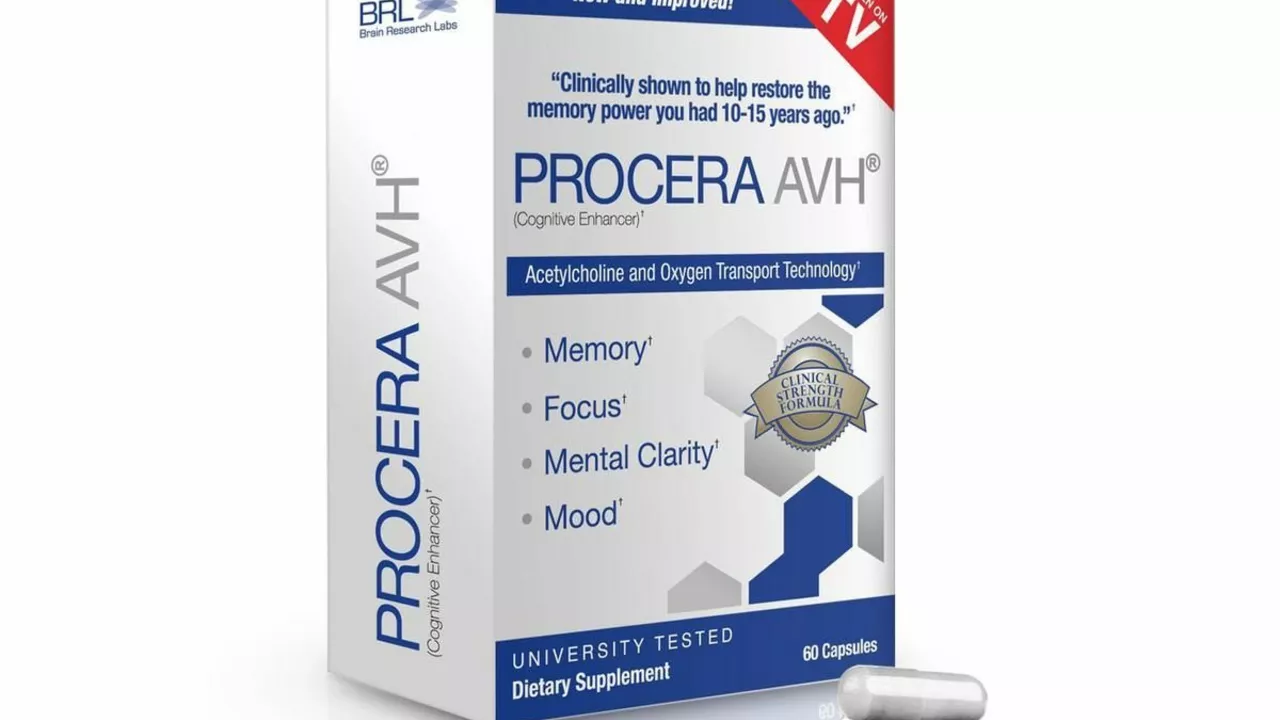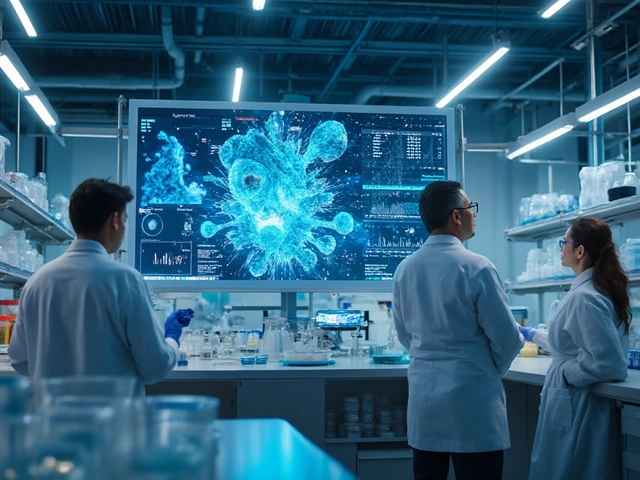Focus enhancement: practical ways to improve attention
Struggling to focus? You’re not alone. This page collects clear, practical strategies—both lifestyle changes and products—to help you sharpen attention without wasting time on hype. Below are straightforward options and safety tips so you can try what fits your life.
Quick, safe options
Start with the basics: sleep, hydration, and short movement breaks. Poor sleep and dehydration crash focus fast. Aim for consistent sleep times, drink water through the day, and stand or walk for two minutes every hour to reset attention.
Caffeine is the simplest legal stimulant. A cup of coffee or tea can boost alertness quickly. Combine caffeine with L‑theanine (found in green tea or sold as a supplement) to reduce jitteriness and keep thinking clearer. Many people find this combo reliable for short tasks.
Vitamins and nutrients matter. Omega‑3s, vitamin D, B vitamins, and iron support brain function when someone is deficient. If you suspect low levels, ask your clinician for blood tests before starting supplements. Don’t assume more is better—excess of some vitamins causes problems.
Prescription options and choosing supplements
Prescription stimulants like methylphenidate and amphetamine salts help people with diagnosed ADHD, and drugs such as modafinil may help wakefulness in specific conditions. These work but need a doctor’s supervision because of side effects and interaction risks. Never buy prescription drugs from questionable sources—use licensed pharmacies and keep your prescriber informed.
For over‑the‑counter nootropics, watch for products that list all ingredients and dosages. Avoid blends that hide amounts in a "proprietary" formula. Start with one change at a time so you can tell what helps: try caffeine, then add L‑theanine, then test an omega‑3 supplement if needed. Track your sleep, focus, and mood for two weeks to judge effects.
Essential oils and herbal extracts can help some people. Oils like cajeput or rosemary may lift mood or alertness for short periods, but evidence is mixed and topical use requires dilution. If you try an herbal product, check for allergies and interactions with medications you already take.
Safety checklist before trying anything new: review current medications for interactions, check certifications for supplement brands, consult your doctor if you have heart, liver, or mental health issues, and avoid mixing stimulants with alcohol. If a product sounds too good to be true, it probably is.
On this site you’ll find deeper articles on specific drugs, supplements, online pharmacy safety, and alternative approaches. Use those resources to learn details, then discuss options with a healthcare professional. Small, measured changes often beat big, risky moves when it comes to keeping your focus steady.
Try an experiment: pick one habit to change for three weeks—sleep schedule, caffeine timing, or a supplement—and record your focus each day on a 1–5 scale. Compare weeks two and three; reliable gains are the goal. If nothing changes or side effects appear, stop and consult your clinician. Building focus takes slow, repeatable steps, not quick fixes. Keep a short record so you can see what really works for you now.
 16 July 2023
16 July 2023
Homotaurine: The Miracle Compound for Memory, Focus, and Mental Clarity
In my recent research, I discovered Homotaurine, a naturally occurring compound that's being hailed as a miracle for memory, focus, and mental clarity. This compound, initially found in seaweed, has shown promising results in boosting overall cognitive functions. It's also been linked to preventing cognitive decline and improving concentration, providing a great, natural alternative for those seeking to enhance their mental performance. Personally, I think it's fascinating how nature provides such effective solutions for our health. I'm excited to see the further benefits Homotaurine might hold for our brain health.
Latest Posts
-

Long-Acting Injectables: Why Extended Side Effect Monitoring Can’t Be Ignored
-

Esomeprazole Alternatives: 6 Real Options You Should Know About
-

Cost Savings from Generic Combinations: How Switching to Lower-Cost Generics Saves Money Without Losing Effectiveness
-

Exploring Top Alternatives to Zithromax: Effective Antibiotics in 2025
-

Buy Generic Lipitor Online Cheap: Safe Options, Prices & 2025 Guide

10